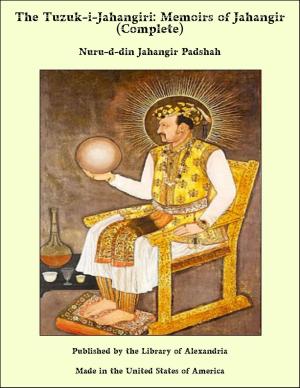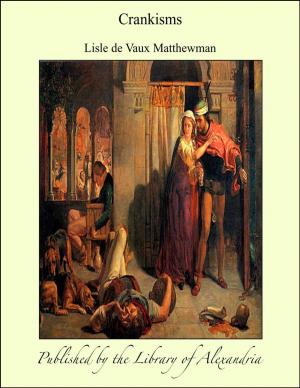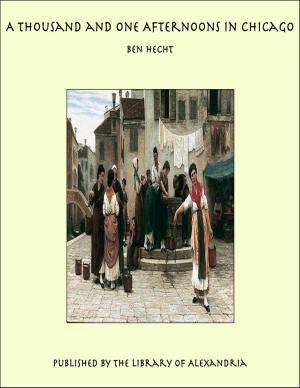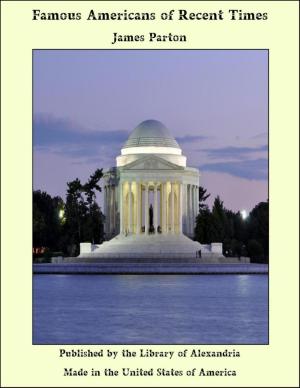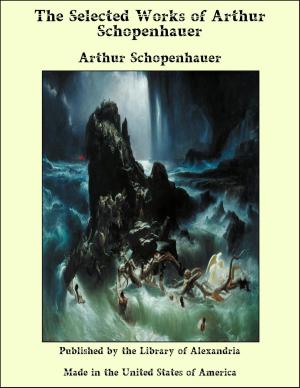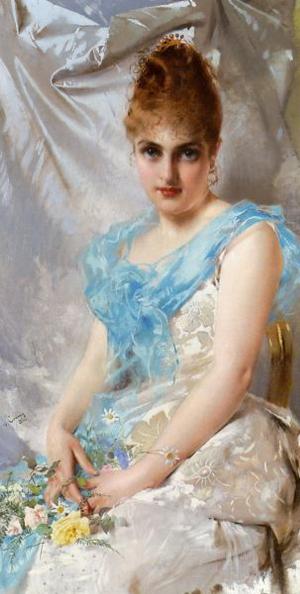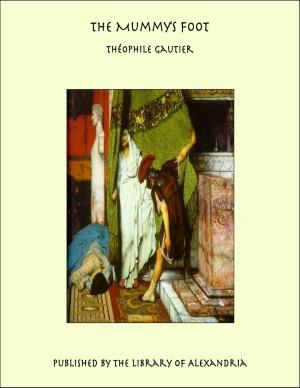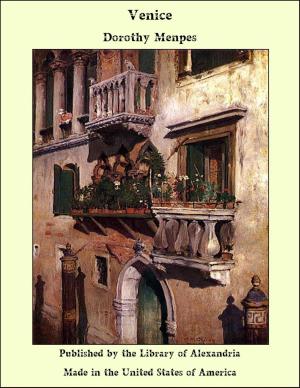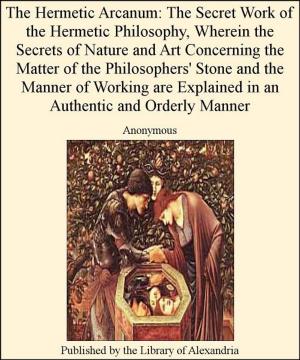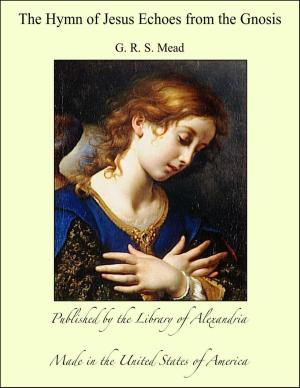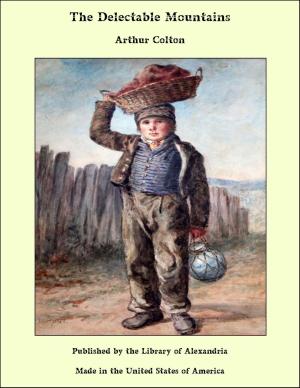Ethan Allen: The Robin Hood of Vermont
Nonfiction, Religion & Spirituality, New Age, History, Fiction & Literature| Author: | Henry Foljambe Hall | ISBN: | 9781465611628 |
| Publisher: | Library of Alexandria | Publication: | March 8, 2015 |
| Imprint: | Language: | English |
| Author: | Henry Foljambe Hall |
| ISBN: | 9781465611628 |
| Publisher: | Library of Alexandria |
| Publication: | March 8, 2015 |
| Imprint: | |
| Language: | English |
Ethan Allen is the Robin Hood of Vermont. As Robin Hood's life was an Anglo-Saxon protest against Norman despotism, so Allen's life was a protest against domestic robbery and foreign tyranny. As Sherwood Forest was the rendezvous of the gallant and chivalrous Robin Hood, so the Green Mountains were the home of the dauntless and high-minded Ethan Allen. As Robin Hood, in Scott's "Ivanhoe," so does Allen, in Thompson's "Green Mountain Boys," win our admiration. Although never a citizen of the United States, he is one of the heroes of the state and the nation; one of those whose names the people will not willingly let die. History and tradition, song and story, sculpture, engraving, and photography alike blazon his memory from ocean to ocean. The librarian of the great library at Worcester, Massachusetts, told Colonel Higginson that the book most read was Daniel P. Thompson's "Green Mountain Boys." Already one centennial celebration of the capture of Ticonderoga has been celebrated. Who can tell how many future anniversaries of that capture our nation will live to see! Another reason for refreshing our memories with the history of Allen is the bitterness with which he is attacked. He has been accused of ignorance, weakness of mind, cowardice, infidelity, and atheism. Among his assailants have been the president of a college, a clergyman, editors, contributors to magazines and newspapers, and even a local historian among a variety of writers of greater or less prominence. If Vermont is careful of her own fame, well does it become the people to know whether Ethan Allen was a hero or a humbug. Arnold calls history the vast Mississippi of falsehood. The untruths that have been published about Allen during the last hundred and fifteen years might not fill and overflow the Ohio branch of such a Mississippi, but they would make a lively rivulet run until it was dammed by its own silt. The late Benjamin Disraeli, Lord Beaconsfield, fought a duel with Daniel O'Connell, because O'Connell declared it to be his belief that Disraeli was a lineal descendant of the impenitent thief on the Cross. Perhaps the libellers of Allen are descended from the Yorkers whom he stamped so ignominiously with the beech seal. The fierce light of publicity perhaps never beat upon a throne more sharply than for more than a hundred years it has beat upon Ethan Allen. His patriotism, courage, religious belief, and general character have been travestied and caricatured until now the real man has to be dug up from heaps of untruthful rubbish, as the peerless Apollo Belvidere was dug in the days of Columbus from the ruins of classic Antium.
Ethan Allen is the Robin Hood of Vermont. As Robin Hood's life was an Anglo-Saxon protest against Norman despotism, so Allen's life was a protest against domestic robbery and foreign tyranny. As Sherwood Forest was the rendezvous of the gallant and chivalrous Robin Hood, so the Green Mountains were the home of the dauntless and high-minded Ethan Allen. As Robin Hood, in Scott's "Ivanhoe," so does Allen, in Thompson's "Green Mountain Boys," win our admiration. Although never a citizen of the United States, he is one of the heroes of the state and the nation; one of those whose names the people will not willingly let die. History and tradition, song and story, sculpture, engraving, and photography alike blazon his memory from ocean to ocean. The librarian of the great library at Worcester, Massachusetts, told Colonel Higginson that the book most read was Daniel P. Thompson's "Green Mountain Boys." Already one centennial celebration of the capture of Ticonderoga has been celebrated. Who can tell how many future anniversaries of that capture our nation will live to see! Another reason for refreshing our memories with the history of Allen is the bitterness with which he is attacked. He has been accused of ignorance, weakness of mind, cowardice, infidelity, and atheism. Among his assailants have been the president of a college, a clergyman, editors, contributors to magazines and newspapers, and even a local historian among a variety of writers of greater or less prominence. If Vermont is careful of her own fame, well does it become the people to know whether Ethan Allen was a hero or a humbug. Arnold calls history the vast Mississippi of falsehood. The untruths that have been published about Allen during the last hundred and fifteen years might not fill and overflow the Ohio branch of such a Mississippi, but they would make a lively rivulet run until it was dammed by its own silt. The late Benjamin Disraeli, Lord Beaconsfield, fought a duel with Daniel O'Connell, because O'Connell declared it to be his belief that Disraeli was a lineal descendant of the impenitent thief on the Cross. Perhaps the libellers of Allen are descended from the Yorkers whom he stamped so ignominiously with the beech seal. The fierce light of publicity perhaps never beat upon a throne more sharply than for more than a hundred years it has beat upon Ethan Allen. His patriotism, courage, religious belief, and general character have been travestied and caricatured until now the real man has to be dug up from heaps of untruthful rubbish, as the peerless Apollo Belvidere was dug in the days of Columbus from the ruins of classic Antium.





